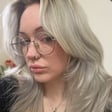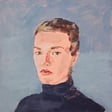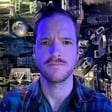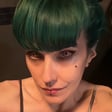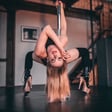
Allen Eskens
Mystery/Thriller Writer ALLEN ESKENS!
Allen Eskens is the bestselling author of The Life We Bury, The Guise of Another, The Heavens May Fall, The Deep Dark Descending, The Shadows We Hide, and Nothing More Dangerous.
He is the recipient of the Barry Award, Minnesota Book Award, Rosebud Award (Left Coast Crime), and Silver Falchion Award and has been a finalist for the Edgar Award, Thriller Award, and Anthony Award. His books have been translated into 26 languages and his novel, The Life We Bury is in development for a feature film.
Allen has a journalism degree from the University of Minnesota and a law degree from Hamline University. After law school, he studied creative writing in the M.F.A. program at Minnesota State University-Mankato, as well as the Loft Literary Center and the Iowa Summer Writer’s Festival. Allen grew up on the hills of central Missouri. He now lives with his wife, Joely, in greater Minnesota where he recently retired after practicing criminal law for 25 years.













